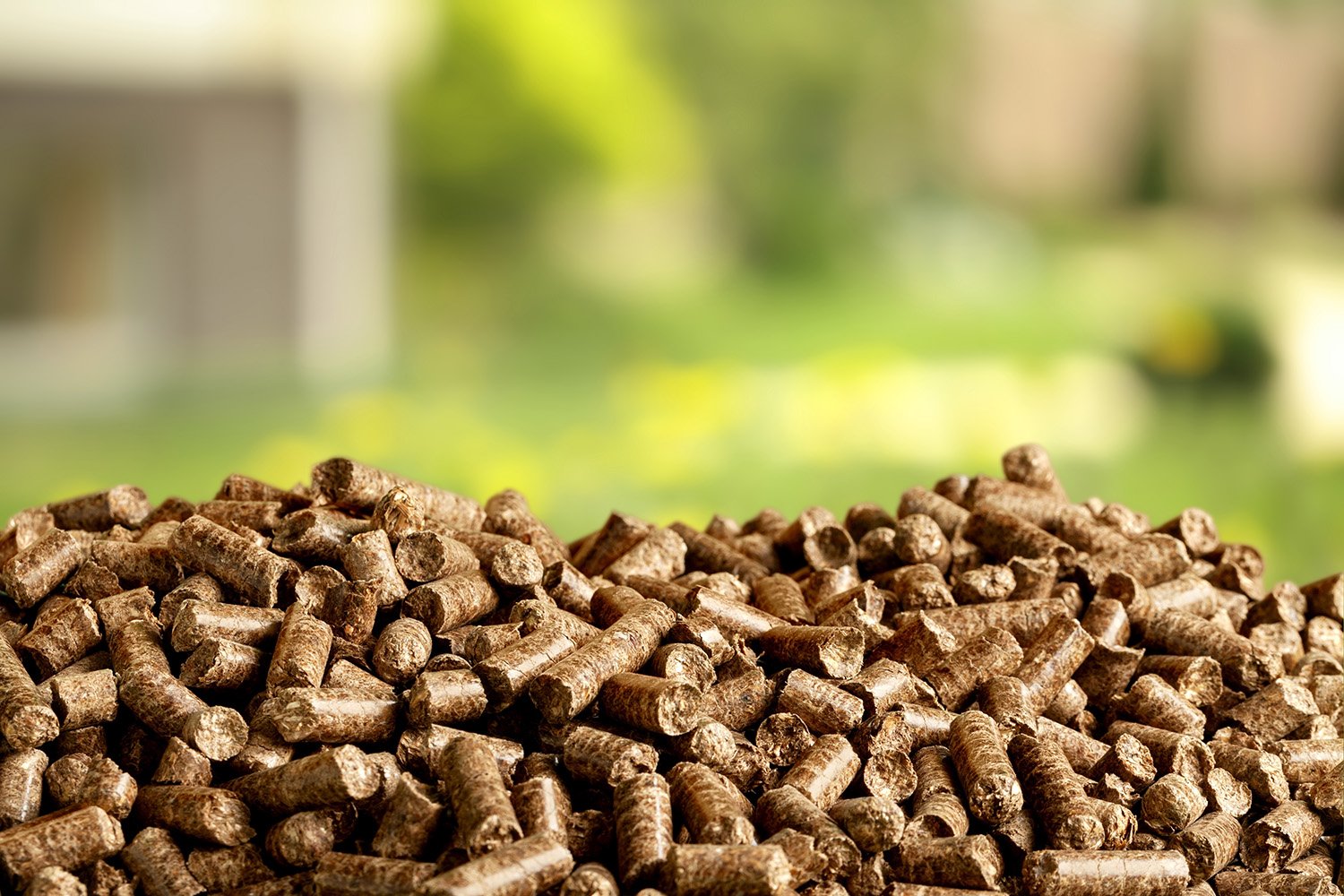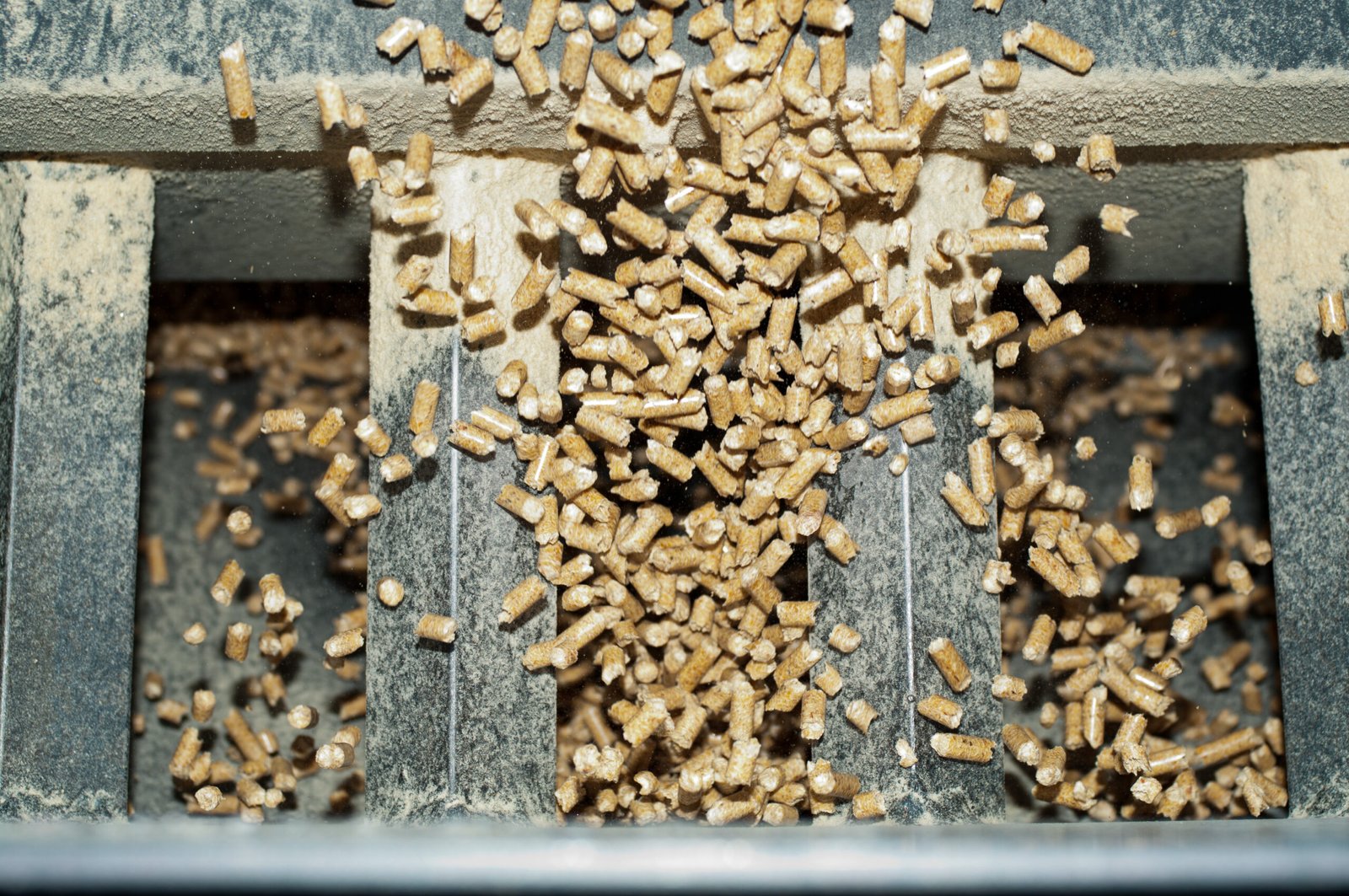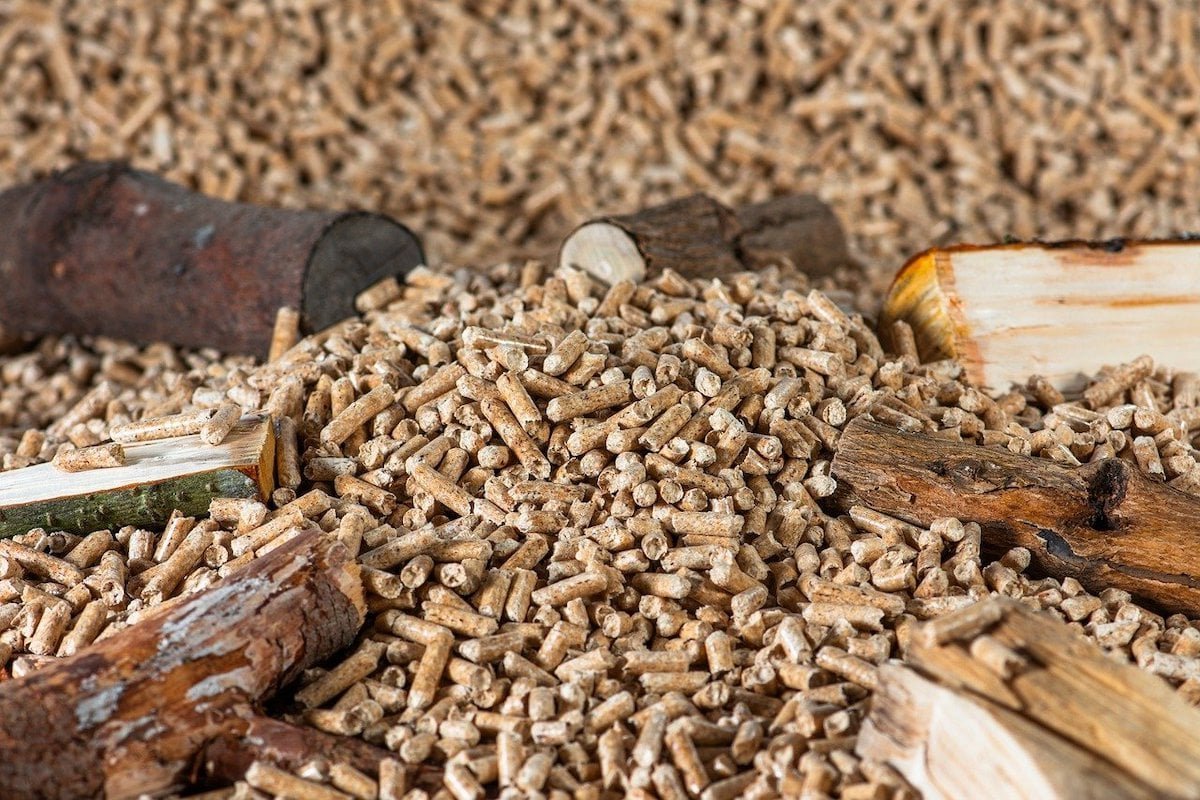The Economic and Environmental Benefits of Wood Pellets
As global energy demands grow, the need for affordable, sustainable solutions increases. One promising alternative to fossil fuels is wood pellets. These small, compressed cylinders of wood waste offer many advantages. They are a great option for both homes and industries. This article explores the benefits of wood pellets, including cost-effectiveness, sustainability, and their role in reducing greenhouse gas emissions. Wood pellets can help promote a greener energy future.

Economic Benefits of Wood Pellets
Wood pellets have become a popular energy option because of their low cost. Here are some of the key economic benefits:
Cost-Effectiveness
Wood pellets tend to be more affordable than fossil fuels like coal, oil, or gas. Their price is more stable than fossil fuels, which are often affected by global market changes. In many regions, the cost of wood pellets remains consistent, making them an affordable heating choice for homes and businesses. Wood pellets are often made locally, so transport costs are lower than those for imported fuels.
Energy Efficiency
Wood pellets have a higher energy density than firewood or wood chips. This means they produce more heat with less fuel. Consumers get more heat with less fuel. This saves them money over time. Some pellet stoves and boilers are more than 90% efficient.
Job Creation
Wood pellet production creates jobs, especially in rural areas where wood waste is common. The pellet industry supports jobs in many sectors. It spans from collecting raw materials to making and delivering pellets. This helps boost local economies and provides a steady income for workers.
Energy Independence
Using locally made wood pellets reduces dependence on imported fossil fuels. This is crucial for countries like Pakistan, where reliance on foreign energy can be costly and risky. By using wood pellets, Pakistan can boost its energy security and reduce its dependence on the volatile global energy market.

Environmental Benefits of Wood Pellets
Along with their economic advantages, wood pellets provide major environmental benefits. As the world seeks to lower carbon emissions and fight climate change, wood pellets offer a cleaner, more sustainable alternative to fossil fuels.
Carbon Neutrality
One key Environmental Benefit of Wood pellets is their carbon neutrality. When burned, wood pellets release carbon dioxide (CO2) into the air. However, this CO2 is part of the natural carbon cycle. The trees that produce the wood absorb CO2 as they grow. In contrast, burning fossil fuels releases carbon stored underground for millions of years. It adds to the greenhouse gases in the atmosphere. By using wood pellets, we can help reduce the net addition of CO2 to the atmosphere and fight climate change.
Lower Greenhouse Gas Emissions
Wood pellets release fewer greenhouse gases, such as carbon dioxide and methane, than fossil fuels. This makes them a cleaner option for heating and energy production. Studies show that switching from fossil fuels to wood pellets can cut greenhouse gas emissions by up to 80%. We must reduce emissions. It’s vital for climate goals and a sustainable energy system.
Waste Reduction
Wood pellets are made from waste that would be discarded. If left to decompose, it would release methane into the atmosphere. By turning this waste into fuel, the wood pellet industry helps reduce landfill waste and supports a circular economy. This minimizes waste’s environmental impact and leads to more efficient resource use.
Renewable Energy
Wood pellets are a renewable energy source because they come from trees and other biomass that can be regrown. Unlike fossil fuels, which are limited and non-renewable, wood pellets offer a sustainable energy solution. Using renewable sources like wood pellets can help. It would reduce our reliance on dwindling fossil fuel reserves. It would also move us toward a more sustainable future.
Wood Pellets in Pakistan: Economic and Environmental Impact
In Pakistan, wood pellets could boost the economy and the environment. Pakistan has abundant forests and a need for alternative energy. So, it is well-positioned to use wood pellets in its renewable energy plan.
Energy Security and Affordability
The rising cost of traditional energy in Pakistan has made it harder for homes and industries to afford reliable power. Wood pellets offer a more affordable, locally sourced option that can help ease the energy crisis. Promoting wood pellets could help Pakistan reduce its dependence on imported fuels and improve energy security.
Sustainable Forestry
Producing wood pellets in Pakistan could also support sustainable forestry. By using wood waste from sawmills and other industries, the demand for new timber can be minimized. This helps preserve forests. Sustainable forestry practices ensure that biomass for wood pellets is harvested responsibly, keeping natural resources in balance.
Job Creation and Economic Growth
Developing a wood pellet industry in Pakistan could create jobs in rural areas where unemployment is high. This industry could boost growth. It manages forests and makes and sells pellets. It would also provide a sustainable source of income for workers. Exporting wood pellets to other countries could further boost Pakistan’s economy.
Environmental Sustainability
The environmental benefits of wood pellets in Pakistan are clear. Switching from fossil fuels to biomass energy could cut Pakistan’s greenhouse gas emissions. It would help fight climate change. Using wood pellets helps Pakistan meet the Paris Agreement. It aims to reduce global emissions and limit temperature rises.

Challenges and Opportunities for Wood Pellets
Though wood pellets have many benefits, challenges hinder their use. A challenge is the high cost of installing pellet stoves and boilers. It’s often higher than for traditional systems. However, these costs are often offset by long-term fuel savings.
Another challenge is the limited availability of wood pellets in some regions. To fix this, both governments and private companies must invest in wood pellets. They should fund their production, distribution, and storage. With the right policies and incentives, the wood pellet industry can thrive. It can help create a sustainable energy future.
Despite these challenges, wood pellets present significant opportunities. As countries switch to renewable energy, the demand for wood pellets will likely grow. This is a chance for Pakistan. It can develop its wood pellet industry and lead the global renewable energy market.
Conclusion
Wood pellets are a great alternative to fossil fuels. They are good for the economy and the environment. They are affordable, efficient, and carbon neutral. So, they are key to the shift to sustainable energy. In Pakistan, energy security and a clean environment are vital. Wood pellets could be a great solution. Investing in wood pellet production can help Pakistan. It can lead to a more sustainable and prosperous future.

